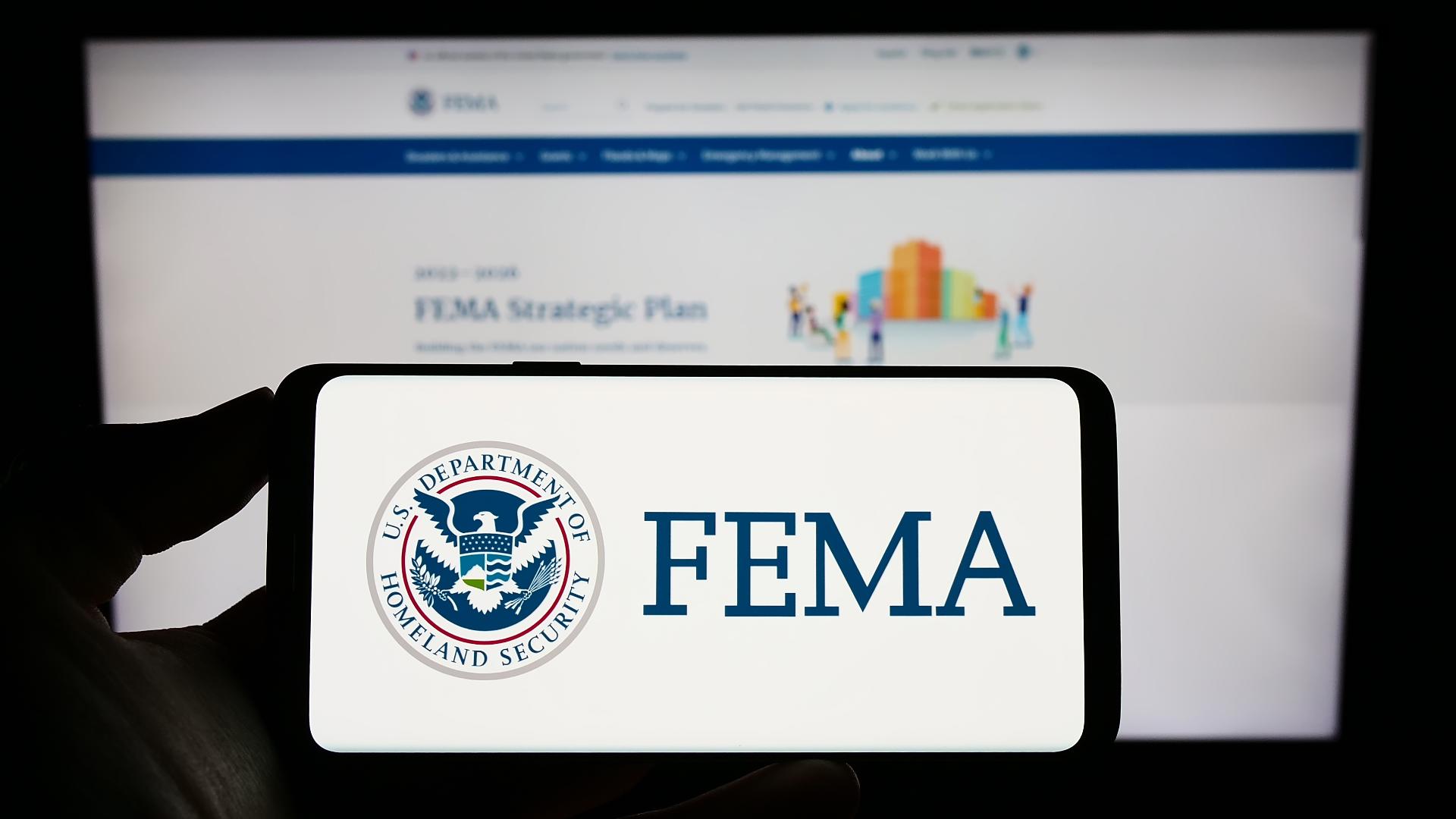NORTH CAROLINA, USA — During disasters, myths about FEMA can spread which ultimately can discourage survivors from accessing the assistance they may desperately need, according to FEMA.
Here are several current rumors and myths addressed to help survivors:
MYTH: FEMA is running out of money.
FACT: FEMA has adequate funding to support all current operations. As long as survivors have applied before the deadline given, qualified applicants will receive assistance.
MYTH: If survivors apply for assistance, FEMA may confiscate their property or land.
FACT: Applying for disaster assistance does not grant FEMA or the federal government authority or ownership of your property or land.
MYTH: My income is too high or too low to qualify for FEMA assistance.
FACT: Anyone who lives in one of the 22 federally designated counties can apply. FEMA does not consider your income when evaluating your application for assistance. However, your household income helps determine eligibility for the Small Business Administration's (SBA) long-term, low-interest disaster loans.
MYTH: FEMA assistance can affect Social Security benefits, taxes, food stamps, or Medicaid reimbursements.
FACT: FEMA assistance does not affect benefits from other federal programs and is not considered taxable income. Keep in mind that the money FEMA provides to disaster survivors is granted and does not have to be prepaid.
MYTH: If you miss the FEMA deadline, you can't apply.
FACT: If you have been unable to apply for FEMA assistance before the given deadline, you have another 60 days to complete a late application for FEMA assistance online at DisasterAssistance.gov or by calling the FEMA Helpline at 800-621-3362. FEMA can't accept applications for disaster assistance after the 60-day grace period.
MYTH: FEMA assistance is only for homeowners.
FACT: FEMA assistance is not just for homeowners. FEMA provides assistance to help renters who lost personal property or were displaced.
MYTH: FEMA is spending disaster recovery funds on sheltering immigrants at the border.
FACT: The Shelter and Services Program (SSP) provides financial support to non-federal entities to provide humanitarian services to noncitizen migrants following their release from the Department of Homeland Security (DHS). SSP is administered by FEMA in partnership with U.S. Customs and Border Protection (CBP). SSP is funded by DHS via the CBP budget. SSP funds don't come out of FEMA's funding.
MYTH: FEMA won't provide compensation for fixing areas of a home damaged by the hurricane that had been damaged before the hurricane.
FACT: A homeowner who lived in the home at the time of the disaster may be eligible for funds to repair areas of their home damaged by the disaster, even if those areas had pre-existing damage.
For more information on myths and facts, visit the FEMA website.
You can help stop the spread of misinformation with three easy steps:
1. Find trusted sources of information
2. Share information from trusted sources.
3. Discourage others from sharing information from unverified sources.
MORE WAYS TO GET WFMY NEWS 2
Download the WFMY News 2 APP from your Apple or Google Play store.
ADD THE WFMY+ APP TO YOUR STREAMING DEVICE
ROKU: Add the channel from the ROKU store or search for WFMY.
Amazon Fire TV: Search for WFMY to find the free app to add to your account. You can also add the app directly to your Fire TV through your Amazon account.

